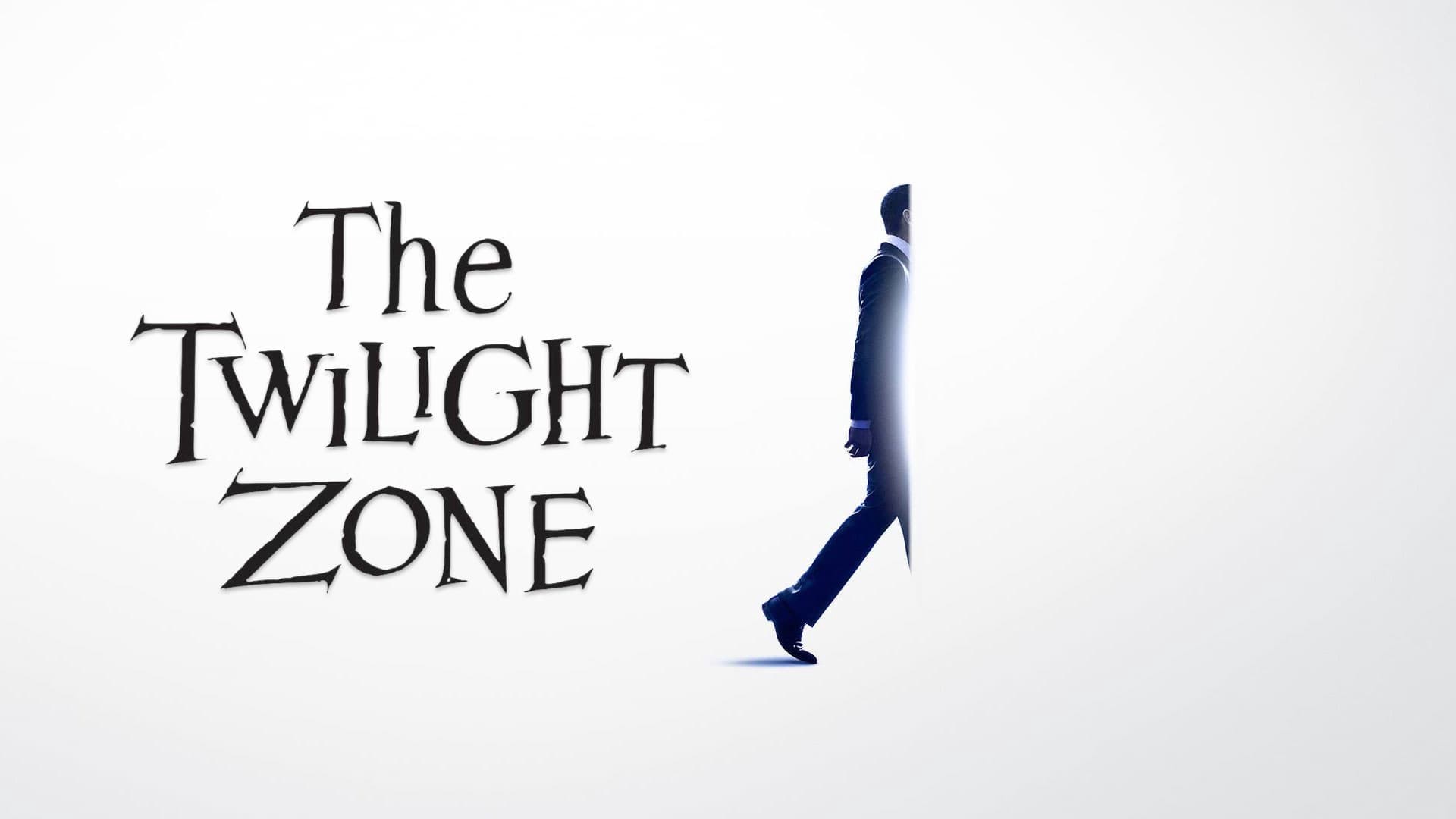Created by: Rod Serling
Developed by: Simon Kinberg and Jordan Peele
“There is a fifth dimension, beyond that which is known to man. It is a dimension as vast as space and as timeless as infinity. It is the middle ground between light and shadow, between science and superstition, and it lies between the pit of man’s fears and the summit of his knowledge. This is the dimension of imagination. It is an area which we call The Twilight Zone.” These are the famous words of the American screenwriter, playwright, television producer, and narrator Rod Serling which have become synonymous with his greatest creation known to the world as “The Twilight Zone”—an anthology series dealing with often disturbing or unusual events invariably ending with an unexpected twist and a moral that revolutionized television during the late 1950s and early 1960s.
The original series, which ran for five seasons from 1959 to 1964, featured well over 100 episodes in various genres such as fantasy, science fiction, suspense, horror, and psychological thriller. Since then the iconic series has witnessed a few revivals. It was revived for the third time last year by the team of Simon Kinberg, Jordan Peele, and Marco Ramirez for CBS Television Studios. It was renewed for a second season soon after the season premiere. All the ten episodes of the second season are now streaming on Voot Select.
Serling’s narration in the original series is so epic that it can never be replaced in the minds of “The Twilight Zone” enthusiasts. But the makers of the new series took a calculative gamble by having the series co-developer Jordon Peele as the narrator. And it has proven to be a masterstroke of sorts. It has perhaps worked because Peele is both honest enough to understand that he or anyone else can never replace Serling and smart enough to ensure that the audience sees him as Serling’s successor for the new age. When original series premiered back in 1959, there wasn’t much competition in the space it operated. But today we already have shows like Black Mirror and Electric Dreams and so what does one do? Well, the key is to stick to Serling’s vision and yet at the same time not be too rigid. In other words, try and find a middle ground. And that’s precisely what the new series tries to achieve, and more so the second season. Through its highly ambitious albeit relatable scenarios, it endeavors to comment on the strangeness of the modern world.

